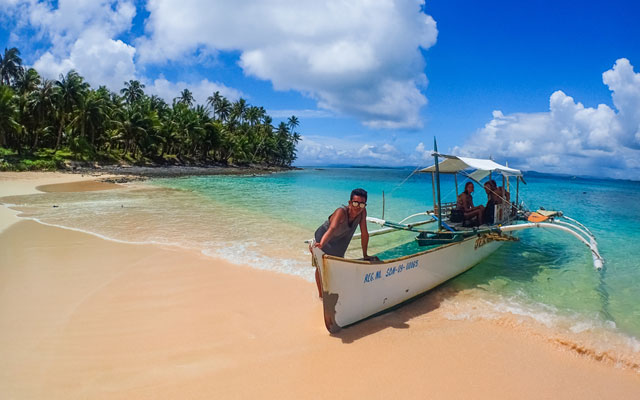
One of South-east Asia’s biggest European buyers, TUI Group, says the region’s recovery depends not only on the easing of entry rules and availability of flights, but on the reopening of Thailand and Vietnam.
This reflects the bloc’s dependence on each other and the need for destinations to work in unison to bring back arrivals to pre-pandemic 2019 levels.

Senior product & contracting manager, Christiane Thoma-Ratnasiri, who travelled from Germany to attend ATF 2022, explained that many clients enjoyed a combination of South-east Asian destinations.
“So, not having those (combination) possibilities is a big disadvantage for the region at the moment,” she added.
Thoma-Ratnasiri does product and contracting for brands Airtours and TUI, covering Indochina, Myanmar, India, Nepal, Hong Kong, China, Taiwan, South Korea and Japan.
She described the impact of the pandemic on German travel to Asia as “immense” and said that recovery is still difficult.
“Travel restrictions are very strict and they change very often, as seen in Thailand. So, clients don’t feel confident to travel, as what’s valid today may be overturned the next day,” said Thoma-Ratnasiri.
Demand is further weakened by poor flight connectivity to ASEAN member countries, she said. This, however, goes back to the need for “reliable rules which can be handled easily”.
Asia, with a long list of requirements to satisfy before a visitor is allowed in, is widely seen as a mini China fortress, especially to Europeans who largely enjoy hassle-free travel within the Schengen Area since the European Union standardised entry protocols.
Organisations such IATA in Asia-Pacific and the ASEAN Tourism Association have been urging for a similar standardisation effort within South-east Asia.
Thoma-Ratnasiri said Germans are “desperate” to travel and will come back once the barriers are removed. In South-east Asia, Thailand is its most important destination, followed by Indonesia/Bali, while Vietnam has potential. The only ASEAN destination that’s not likely to recover in 2022 is Myanmar.
TUI is ready to handle a return of business immediately, she said. Despite the barriers, contract negotiations with partners have continued as before so that everyone’s prepared in case the business restarts. Most of the negotiations were done via email or virtual calls, although she prefers a personal meeting where a contract can been signed within 1.5 hours and everyone feels “good and satisfied”.
During her time at ATF 2022, Thoma-Ratnasiri explored island destinations in Cambodia such as Koh Rong, in the Sihanoukville province. The luxury 67-villa Royal Sands Koh Kong Resort is hosting 90 ATF delegates on the island this week.
“Actually I am mostly fascinated by the friendliness of the Cambodian people, and I love the southern islands. Of course Angkor is outstanding, however, there is much more to discover in Cambodia. I am excited to reconnect with my business partners after two years of no personal contact,” she said.



















